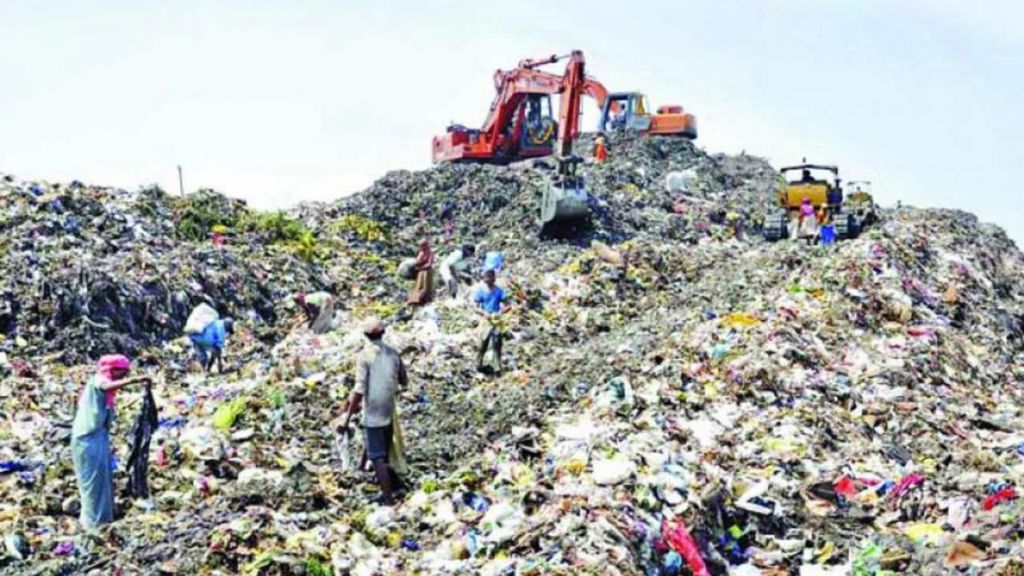
Mumbai: The deadline for processing 70 lakh tonnes of waste at the Mulund dumping ground is expected to be extended due to slow progress. The BMC awarded a contract in 2018 for six years to manage the waste at this landfill. To date, only 32 lakh metric tonnes have been processed, leading civic officials to estimate that it may take an additional year to complete the project.
Following the closure of the Mulund dumping ground in October 2018, a contract was awarded to process the waste using the latest technology at a cost of Rs. 731 crore. The project was initially expected to be completed by the end of 2024. Due to delays caused by the Covid pandemic and other required permissions, the timeline has been extended by two years with actual work only starting in 2021.
The contractor was assigned the task of processing 11 to 12 lakh metric tonnes of waste each year; however, this target has not been met. Also, the delay in work has forced the BMC to postpone the earlier deadline for closure of the dumping ground from October 2024 to June 2025.
"We have imposed a penalty of Rs. 8 crore on the contractor in accordance with our contract conditions. Additionally, we have deployed extra machinery and manpower to meet the deadline. Processing waste becomes increasingly difficult during the monsoon season, so we aim to accelerate the work to prevent further delays. But at the current pace, it will take another year to complete the processing of waste at the entire landfill," said a civic official.
Meanwhile, the civic authorities have scheduled a review meeting this week to evaluate the status of the work and discuss the next steps.
During waste processing, over two lakh tonnes of scrap combustible fractions (SCF) such as plastic, fiber, and wood were identified. The BMC plans to convert these materials into oil or pellets by establishing two on-site plants. One will be a Refuse Derived Fuel (RDF) unit, capable of processing 200 tonnes of SCF daily to produce pellets, which can replace fossil fuels in cement manufacturing.
The BMC collects approximately 6,300 metric tonnes of garbage from the city each day. Of this, 5,500 metric tonnes are sent to the processing plant in Kanjurmarg, while another 700 metric tonnes are dumped at the Deonar dump yard. Following Deonar, Mulund was the second largest dumping ground in the city, covering 24 hectares and operational since 1967.